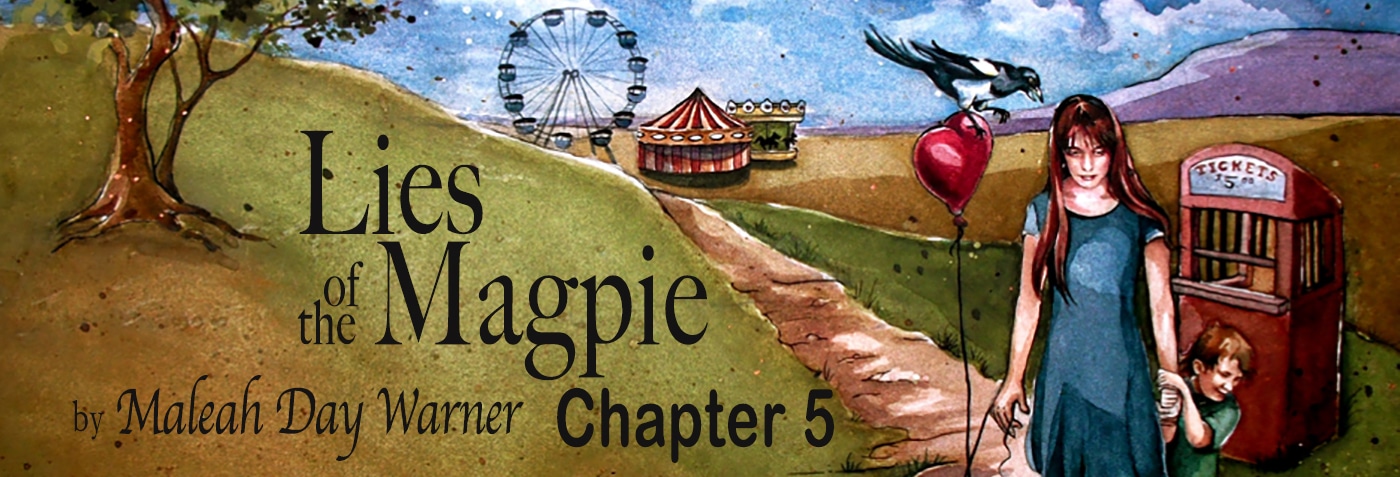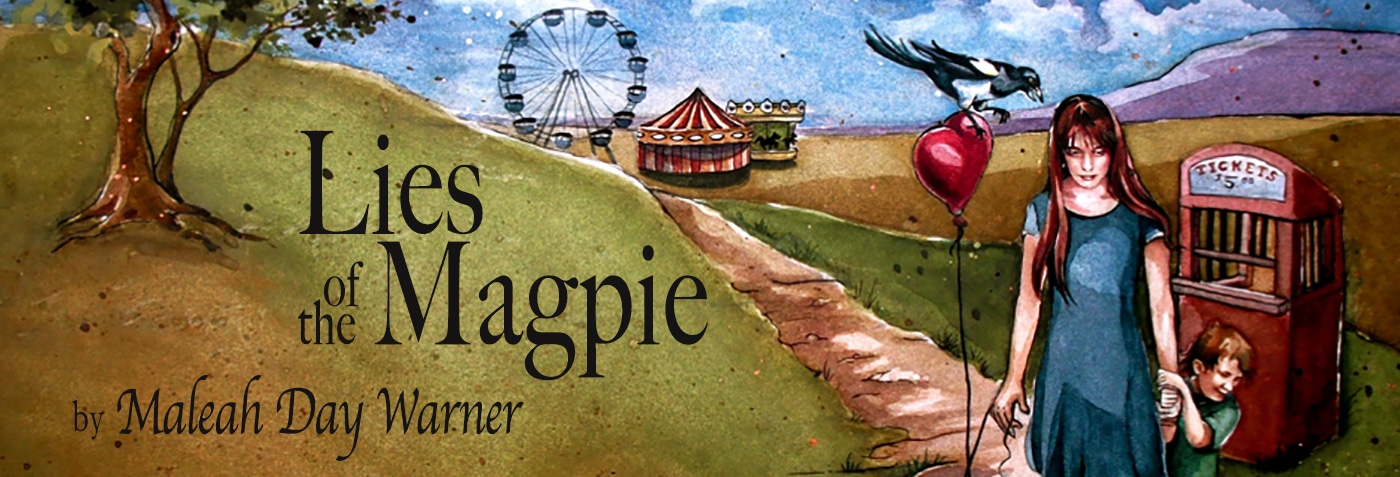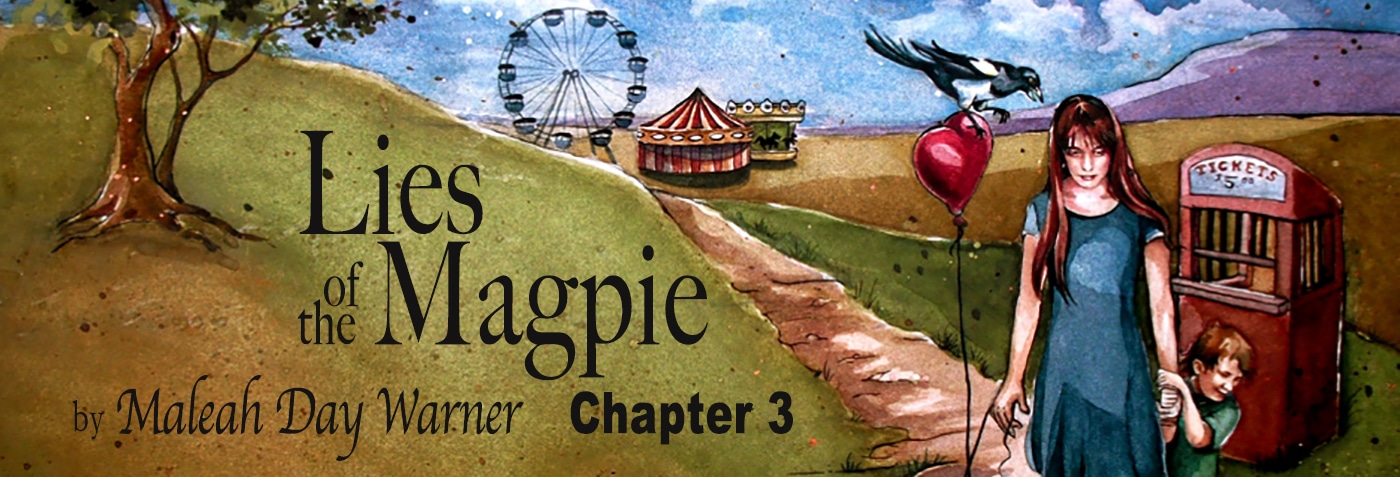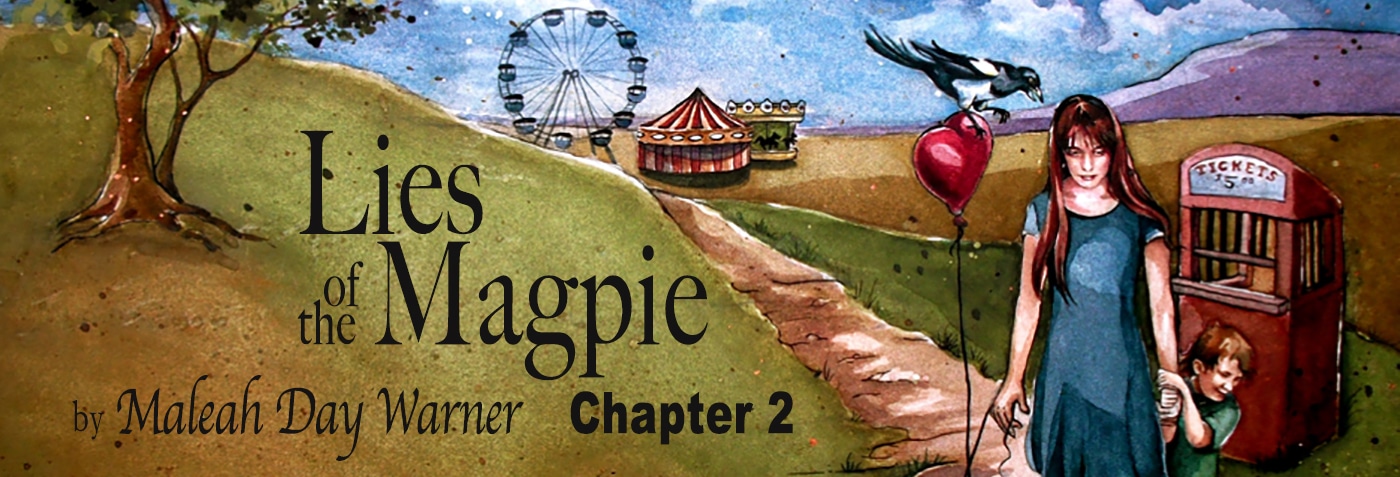Podcast: Play in new window | Download
Subscribe: Apple Podcasts | Google Podcasts | Spotify | Email | RSS | More
Ep 27 Bed Rest for an Overachiever
In August I had my first prenatal appointment with my new Arizona obstetrician.
The week leading up to the appointment I had started having contractions. I’d hoped the preterm labor I’d experienced with Danny was a fluke, a one-time thing. No such luck. It seemed my uterus was prone to contract more than a team of commissioned corporate lawyers.
“You’re twenty nine weeks and already dilated,” Dr. Magnuson said with a grim expression. “Was you last baby premature?”
“No. He was born at 37-weeks and was perfectly fine. No complications.” I didn’t like where this conversation was going. Dr. Magnuson sent me to Labor & Delivery for monitoring. After two hours they sent me home with a prescription for Brethine and instructions to limit my physical activity.
The next day I didn’t take Danny for our morning stroller walk. I didn’t push him in the playground swing. I didn’t vacuum or scrub bathrooms. We didn’t go to the library or the grocery store. We didn’t go swimming. At naptime I didn’t carry Danny up to bed, but knelt behind as he practiced crawling up the stairs on his own.
This new routine of non-doing was okay for a solid three days before we were both stir crazy and ornery.
The next morning, as usual, Danny was wide awake at 6:00 a.m. Our ever predictable early bird. For convenience, and to not wake up Aaron, I did carry him downstairs where I changed his diaper, fixed him a bottle of formula, and parked him in front of the television feeling grateful that PBS started their children’s programming at 6:30 a.m. with Caillou (in my opinion the second-worst children’s show in the universe only beat out by Teletubbies) followed by an hour of Sesame Street at 7:00 a.m. I fell back asleep on the floral beast and woke to the strains of the Elmo’s World them song at 7:45 a.m. as Aaron quietly closed our front door behind him.
He left without kissing me goodbye.
Immediately I called Laiah. “I think Aaron’s mad or annoyed with me.” I told her. She hurried over and we had an extensive conversation. I couldn’t do much of anything else.
“You can hardly blame him,” she replied. “He’s outside all day every day burning his butt off making money while you sit here in this cushy apartment doing nothing.”
The broken springs on the couch poked into my back. There really was no comfortable position on that couch; if the floral beast was anything, it wasn’t cushy. “I didn’t ask to sit in an apartment all day,” I argued my case to Laiah. “I didn’t ask to have preterm labor and to be put on limited activity. I would one hundred times rather wash dishes and run errands than be cooped up all day, doesn’t Aaron realize that?”
“Doesn’t matter,” Laiah said. “Aaron’s working hard. You have to suffer equally or your marriage won’t be equal. It’s not fair if Aaron is sweating in the sun while you’re at home relaxing.”








